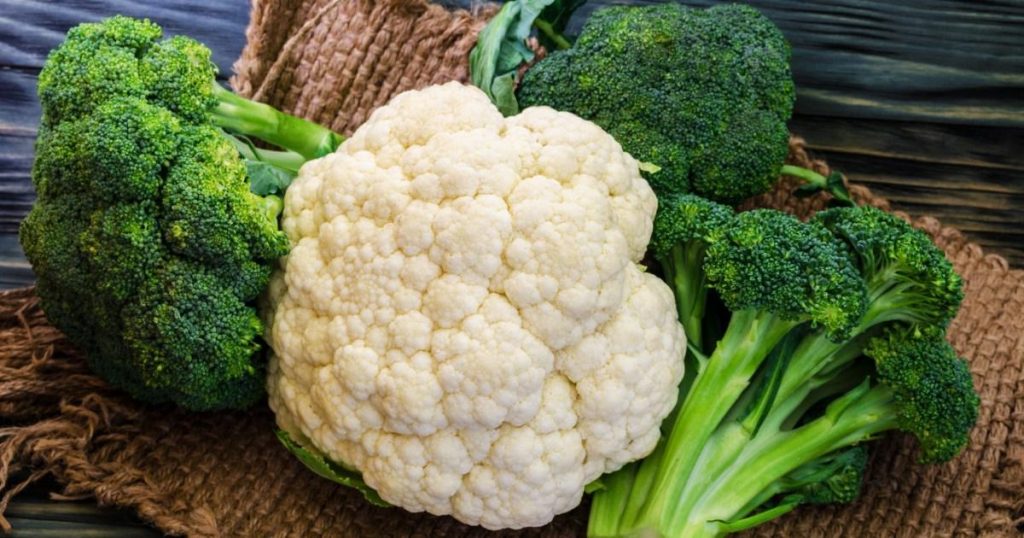The Impact of Mild Winters and Extreme Weather on Vegetable Availability
The United Kingdom is facing a potential shortage of crucial vegetables like broccoli and cauliflower this spring, largely due to the unusual weather patterns experienced during the autumn and winter months. Milder temperatures throughout the winter, a manifestation of the ongoing climate change crisis, have disrupted the natural growth cycles of these vegetables, leading to earlier harvests and potential gaps in supply later in the spring. The problem isn’t confined to domestic production; European imports are also expected to be affected due to flooding in key growing regions. This confluence of factors paints a concerning picture for consumers who may find their access to these nutritious vegetables limited in the coming months.
Experts in the agricultural sector have voiced their concerns about the long-term implications of these weather-related disruptions. Hannah Croft, an agronomist at an organic vegetable box company, highlighted the specific challenges faced by both domestic and imported cauliflower and broccoli crops. Heavy rainfall in the autumn hampered the growth of early cauliflower crops in the UK, while the unseasonably warm temperatures pushed the winter cauliflower harvest ahead of schedule. This creates a potential gap in supply as the earlier harvest depletes stocks before the spring crops are ready. Similarly, Spain, a major supplier of UK broccoli, experienced heavy autumn rain that affected crop quality and delayed spring planting, further exacerbating the potential shortage.
This situation is not an isolated incident but rather a reflection of the increasing challenges agriculture faces in the era of climate change. The unpredictable weather patterns, including heavy rainfall and milder winters, directly impact the delicate balance of crop growth cycles. The traditional reliance on specific temperature cues for flowering and harvesting is being disrupted, leading to unpredictable yields and potential shortages. This underscores the urgent need for climate adaptation strategies in the agricultural sector to mitigate the impact of these changing conditions and ensure a stable food supply.
The effects of these unusual growing conditions are evident on the ground. Guy Barter, chief horticulturist at the Royal Horticultural Society, noted that cauliflowers on his Surrey farm were ready for harvest months ahead of schedule. The mild autumn and wet July and September spurred rapid growth, overriding the natural chilling mechanism that typically dictates flowering time. This resulted in an early harvest, with potential implications for later supply. This instance highlights the direct impact of climate change on crop development and underscores the need for adaptive strategies in farming practices.
Consumers seeking alternatives to broccoli and cauliflower during this potential shortage can explore other readily available vegetables. Leafy greens like spring greens and other cabbages, which can be protected from the elements with nets, are currently growing well. Other winter-hardy vegetables like kale, carrots, spinach, Brussels sprouts, lettuce, onions, and radishes are also good options to maintain a balanced diet. These alternatives offer nutritional value and can help consumers navigate the potential shortage of broccoli and cauliflower while still enjoying a variety of fresh produce.
The situation facing broccoli and cauliflower production highlights the broader impact of climate change on our food systems. The increasing frequency of extreme weather events, coupled with shifting temperature patterns, poses a significant threat to agricultural productivity and food security. This underscores the importance of adopting sustainable agricultural practices, developing climate-resilient crops, and diversifying food sources to ensure a stable and resilient food supply in the face of a changing climate. The current situation serves as a reminder of the interconnectedness between climate change and our daily lives, highlighting the need for collective action to address this global challenge.











